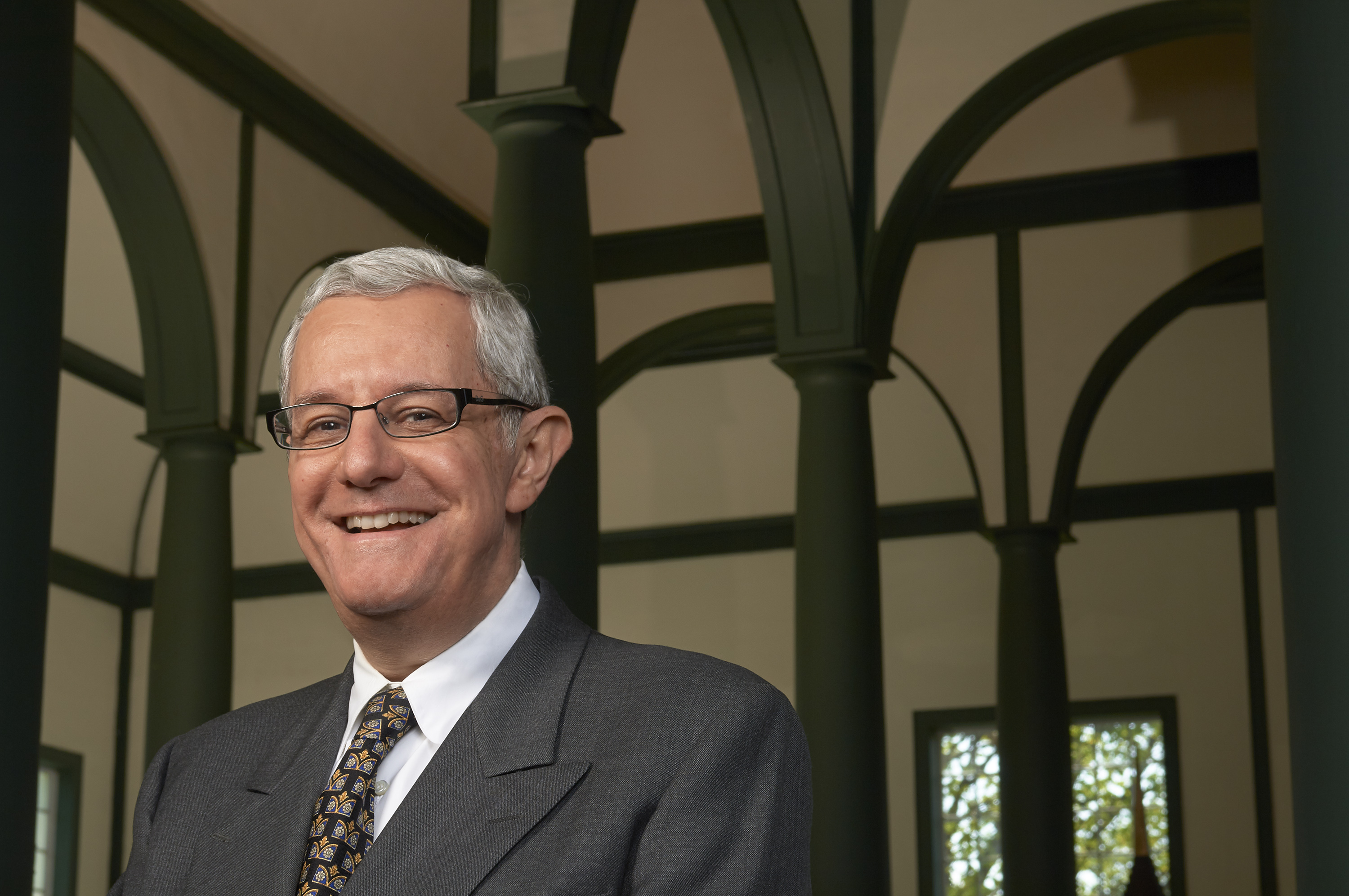By Stephen Cera
The latest release from new-music pianist Kathleen Supové is called “Eye to Ivory” and available on the Starkland label as a CD or download. Renewing her advocacy of contemporary works, she offers premiere recordings of pieces by five living composers: Mary Ellen Childs, Guy Barash, Nick Didkovsky, Randall Woolf, and Dafna Naphtali.
Anyone familiar with Supové’s “Exploding Piano” concerts could anticipate the inventiveness of what is displayed here: interactivity with extended techniques from electro-acoustic and computer-generated sounds, vocals, theatrics, a Yamaha Disklavier. (Supové’s live recitals also embrace costumes.)

KATHLEEN SUPOVÉ
Her work has received many honors, notably the John Cage Award from ASCAP, which cited her for “the artistry and passion with which she performs, commissions, and champions the music of our time.” She has performed with a laptop orchestra, robots and XReality, plays keyboard for Dr. Nerve, and also for a duo called Anti-Depressant.
Two works on the new recording appealed to me particularly, beginning with Mary Ellen Childs’s eponymous “Eye to Ivory” (2005). The opening, with an insistent tread of snarling low bass notes played fortissimo, brought to mind the start of Liszt’s “Totentanz”. Childs proceeds to push the boundaries of how a piano can be made to sound, calling for the performer to flirt with extremes of register, suddenly dissolve into spare textures, and then spin hypnotic sections of quasi-minimalism. Somehow all this variety of mood, texture and sonority congeals into a coherent and accessible arc.
I also liked “In the Privacy of My Own Home” (2000) by Randall Woolf, the pianist’s husband. The composer — a Harvard Ph.D. — recorded his wife’s characteristic laughter, then combined it with his own jazzy piano riffs and filigree that recalls Debussy. By the end of the 9½ -minute piece, I found the piano writing consistently engaging, even more than the continuous permutations of laughter.
The disc is filled with ingenious and elaborate sound palettes, and while it obviously isn’t for everyone, it will satisfy listeners who share Supové’s insatiable curiosity and open-minded embrace of the new.
Excellent notes by Joan La Barbara, composer and experimental vocalist, and by the composers themselves, enhance the presentation.
photo credit: Karjaka Studios


